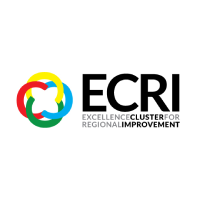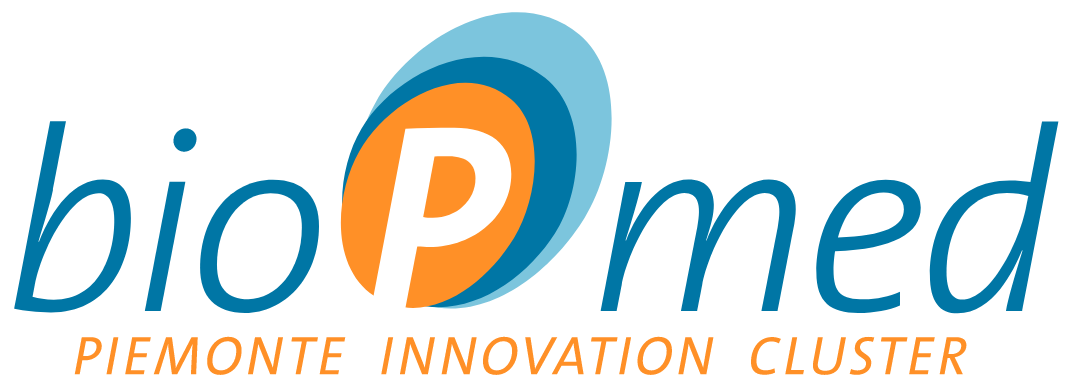
Project: ECRI – Excellence Cluster for Regional Improvement
Duration: Project duration: 01/11/2016 – 31/12/2018
Coordinator: BIOIBAL
Project Partners
- BIOIB
- HBIO
- BIOPMED
- LSK
THE PROJECT.
Life Science is also defined as a key enabling sector, characterized by a multidisciplinary approach, a value chain that starts with the scientific research and ends with the final product commercialization, a very long (compared to other sectors, like ICT for example) time to market and – above all – a global market. At the same time, sectoral clusters need to be connected in a network of players at international level, in order to be able to increase know-how, knowledge, good practices and technologies innovation.
The four partners are all actors operating in the Life Science sector with a specific focus on Health, with similar role and mission in their respective territories:
- The Biotechnological and Biomedical Cluster of the Balearic Islands, BIOIBAL;
- The Hellenic BioCluster (HBio) is the first biosciences cluster in Greece bringing together the innovation leaders of Greece in the sectors of Pharmaceuticals, Biotechnology, Diagnostics, Medical Devices and Specialised Services;
- LifeScience Klaster Krakow (LSK) is the network of institutions from Krakow and Małopolska Region (Poland) which agreed to collaborate in order to develop and deliver to the market innovations in the field of life sciences.
- bioPmed
The goal of the project is to improve the performance of the clusters and the services they provide to their associated companies through the training activities.
The work package leader will produce a Clusters Comparative Analysis Report with a comparison between the four partners and with suggestions on the training topics and strategic lines to be developed and implemented. In parallel, each cluster management team will conduct a study assessing the situation of the sector in their region, with SMEs as the key element. Both reports will highlight the strengths and weaknesses of the clusters and the health sector, also taking into account their different development path, and will identify and implement relevant topics in a training plan.
Training activities will be focused in promoting local competitiveness through better value chain development and cluster management excellence, mainly based on the current reference point of cluster management trainings in Europe, the Programme of Custer Excellence Management Training provided by the European Foundation for Cluster Management, or the experts selected under the conclusions drawn of the analysis reports.
To increase excellence standards it is necessary to complement experience accumulated in the past years with a sound theoretical back-ground through “formal” training. In such a way the goal will be not only to increase the level of awareness and know-how on cluster management, but also to increase the sustainability of cluster activities and the added value services offered to the companies.
